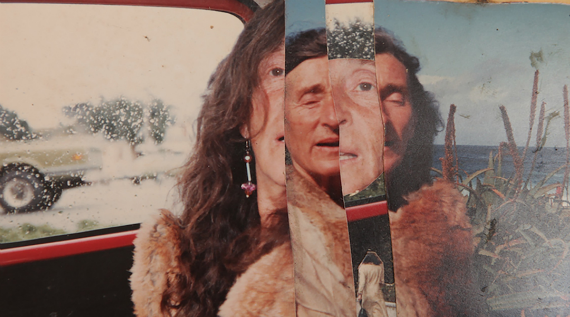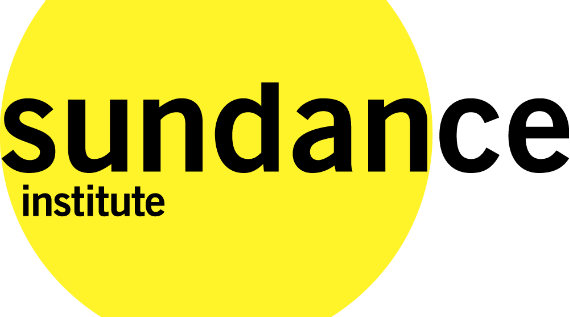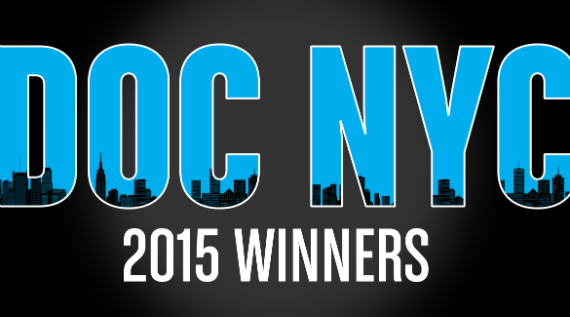
Still from Anna Fitch and Banker White's HEAVEN THROUGH THE BACKDOOR
In the lead up this week’s midterm elections, doc news has been in unusual abundance. On Thursday, the Sundance Institute announced that “Thirty-three nonfiction works from seventeen countries comprise the latest Sundance Institute Documentary Fund and Stories of Change Grantees, announced today. 81% of the supported projects have at least one woman producer or director; 48% originate from outside the US.” Grantees include Lucrecia Martel, Manuel Abramovich, Violeta Ayala, and Nanfu Wang. That same day, Kartemquin Films revealed the recipients of $150,000 in grants, as well as the fact “that in 2019, the John D. and Catherine T. MacArthur Foundation will support Kartemquin’s new Diverse Voices Accelerator Fund, pledging $50,000 annually in grants to fellows and alumni of their Diverse Voices in Docs (DVID) program, a professional mentorship and development program for documentary filmmakers of color.” Those awarded include Kartemquin co-founder Gordon Quinn, Bing Liu, and Laura Checkoway.
As awards season ramps up (and the Oscar eligible doc list continues to expand), it’s always interesting to see what organizations and festivals across the pond rally around. The newly announced British Independent Film Award nominees for Best Documentary are a prime example of how different the results might be from the US marketplace. The five nominees are Steve Sullivan’s BEING FRANK: THE CHRIS SIEVEY STORY, Orlando Von Einsiedel and Joanna Natasegara’s EVELYN, Steven Eastwood and Elhum Shakerifar’s ISLAND, Felip Bustos Sierra’s NAE PASARAN, and Chris Martin and Tom Brisley’s UNDER THE WIRE. Additionally, DocLisboa announced its 2018 award winners, with the City of Lisbon Award for Best International Competition film going to GREETINGS FROM FREE FORESTS by Ian Soroka and the Award for Best Portuguese Competition film going to TERRA by Hiroatsu Suzuki and Rossana Torres. The Ji.hlava International Documentary Film Festival also revealed that among its award winners Alexandra Kandy Longuet’s VACANCY won Best World Documentary, Nora Agapi’s TIMEBOX won Best Central and East European Documentary, and Karel Žalud’s ENCLOSED WORLD took home Best Czech Documentary.
On the domestic festival front, Dave McNary reported in Variety, “After 18 years under Film Independent, the Los Angeles Film Festival is no more. Film Independent announced Wednesday that it was ending the festival — which had been moved this year from June to September — and replace it with year-round events aimed at building community and broadening its support of visual storytellers.” Frederick Blichert of Realscreen caught up with documentary filmmakers Ashley York and Sally Rubin to respond to the news and discuss the lasting impact of the LA Film Festival on the indie documentary industry.









